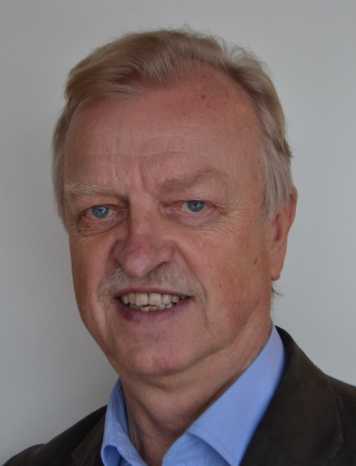Prelog Lecture 2016
Prof. Jan-Erling Bäckvall

Born in 1947 in Malung, Sweden, Prof. Bäckvall was awarded a PhD from the Royal Institute of Technology, Stockholm, in 1975 under the guidance of Prof. B. Åkermark. Following a position at Massachusetts Institute of Technology (1975-1976) as a research associate with Prof. K. B. Sharpless, he was appointed as an assistant professor at the Royal Institute of Technology in Sweden (Kungliga Tekniskahögskolan). He rapidly rose through the ranks to the level of associate professor at the same institution. In 1986 he was appointed as Professor of Organic Chemistry at Uppsala University, and in 1997 he moved to Stockholm University where he holds an appointment as Professor of Organic Chemistry. He is a member of the Royal Swedish Academy of Sciences and the Finnish Academy of Science and Letters.
Throughout his independent career, Professor Bäckval’s scientific efforts have been focused on the discovery, study, and development of chemical methods for synthesis. His research interests span a wide range to include bio and chemo –catalysis. During the early part of his career, Prof. Bäckvall conducted pioneering experiments in Palladium-catalyzed olefin difunctionalization. The work is prominent because of its importance as a preparative approach to useful building blocks as well as the deep mechanistic insight it offers into metal-mediated reactions of alkenes, such as the Wacker oxidation. These classic experiments brilliantly rely on the design of stereochemical reporter groups to enable meaningful interpretation of reaction mechanism. A significant outcome for preparative chemistry was the understanding of how variations in reaction conditions and catalyst employed lead to controlled, divergent formation of diastereomeric products.
More recently, Prof. Bäckvall has pioneered a visionary approach to reaction processes for asymmetric synthesis that combine chemical and bio catalysis. The processes he has devised define the standard for the production of optically active alcohol derivatives through dynamic kinetic resolution. For example, the choreographed interplay of lipases with ruthenium catalysts ensure that alcohol racemates are converted to optically active esters in high yield (up to 99%) and enantioselectivity (>99% ee). In the chemoenzymatic process, the biocatalysts perform the task of selectively esterifying one of the alcohol enantiomers while the metal catalysts are independently engaged in rapid epimerization of the alcohol mixture via redox processes. This has enabled the design of systems in which enzyme and metal catalysts are co-immobilized in compartments of mesoporous silica for cooperative tandem catalysis.
Professor Bäckvall has established a visionary research program with stereochemistry at its heart. Accordingly, he is richly deserving of the Prelog Medal 2016.